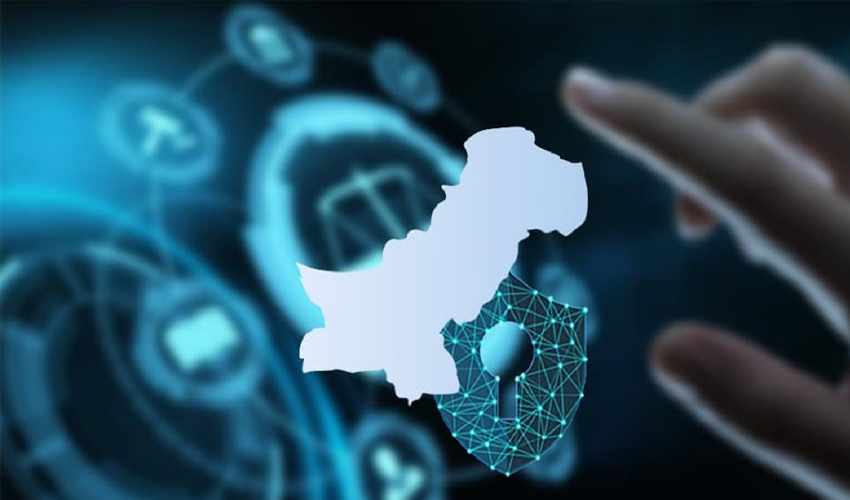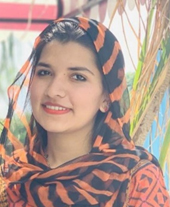Introduction
On April 23, 2024, Pakistan unveiled its National Human Development Report (NHDR) 2024 on Digital Transformation, titled as “Doing Digital for Development – Access, Adopt, Anticipate, Accelerate.” The Federal Minister for Planning, Development & Special Initiatives, Ahsan Iqbal, launched the report by the United Nations Development Programme (UNDP). According to the Global Human Development Report, Pakistan ranks at 164th out of 193 countries, along with a ranking of 135th out of 166 countries in the Gender Inequality Index. Inadequate development outcomes are made worse due to digital divide. In terms of digital development, Pakistan is included in the group of countries whose digital development can be described as moderate. The report examines the crucial role of digitalization and emphasizes the significance of equal and safe access to technology as a means of enhancing human lives.
Digital Divide
Pakistan’s digital divide continues to be a major challenge. The rates of internet access in urban areas are considerably greater than those in rural and remote areas. A significant portion of the Pakistani population does not have access to essential services as a result of this disparity. Digital development does not adequately benefit women. Moreover, lack of digital literacy and digital skills among a large segment of the population further restricts the benefits of digitalization. According to the Doing Digital for Development report, 54.3 percent of the country’s population lacks internet access due to inadequate digital infrastructure and affordability difficulties.
The NHDR 2024 report assessed digital technology access along with additional factors, such as digital usage, digital skills attainment for the first time in Pakistan. The Digital Development Index (DDI) revealed that districts that do better in terms of digital transformation are also among the better performing in terms of human development. The digital development rankings of nearly half of Pakistan’s districts are low. With ‘very high’ digital growth, Islamabad is the only district in the country, other districts with ‘high’ development include Karachi, Lahore, Rawalpindi, Peshawar, Haripur, and Abbottabad. It is imperative that all the societal groups have equal access to digital technology including the internet. Pakistan is ranked 45th out of 52 countries in the World Internet Development Index (2023). Equal access to digital technology, particularly the internet, for all segments of society necessitates a strong focus on two key areas i.e. digital literacy and infrastructure development. By equipping people with the skills to effectively utilize technology and expanding internet reach across the country, Pakistan can bridge the digital divide and empower all its citizens.
 Digital Transformation
Digital Transformation
Without fair access to digital technologies, Pakistan’s human development outcomes will remain inadequate. With 87.35 million internet users and strong mobile connection, Pakistan’s digital transformation opportunity offers a possibility to transcend growth constraints. The Pakistan NHDR 2024 gives a dynamic digital transformation policy framework consisting of four As – Access, Adopt, Anticipate, and Accelerate, investments that can become Pakistan’s quickest path to human development. For digital transformation in Pakistan, it is important to ensure widespread availability of low-cost digital technology such as internet connectivity and devices. It entails improving infrastructure, cutting expenses, and promote initiatives for underserved areas of the country. Encourage responsible use of digital technology and develop appropriate applications for education, healthcare, and economic development. It is necessary to plan forward for the future of digital breakthroughs through research and development on cutting-edge technology, developing a workforce with the skills to adapt to a rapidly changing digital environment, and tackling possible obstacles like cyber-security attacks.
Moreover, data driven policies can help to optimize the beneficial effects of digital technology on development objectives, and efforts should be made for building public-private partnerships, and encouraging innovation.
These measures will unlock the potential of e-learning platforms to bridge the gap in access to quality education, particularly in remote areas. Digitalization can transform healthcare sector by promoting digital health records to improve healthcare delivery and patient outcomes. The role of digital technologies in economic empowerment is important because it promotes entrepreneurship and creates new job opportunities. E-commerce platforms can connect businesses with a wider market, while digital skills training can equip Pakistanis to participate in the digital economy. The potential of digital tools can bridge the gender gap in Pakistan. Online training programs can empower women with skills and knowledge, while digital platforms can facilitate women’s participation in the workforce. By utilizing digital technologies, E-governance initiatives can be launched to streamline service delivery in an efficient manner. But, this all require careful consideration of the ethical implications of digitalization in order to fully harness the potential of digitalization for human development in Pakistan.
Conclusion
The 2024 National Human Development Report highlights opportunities for human development in Pakistan. It portrays digital transformation as an effective tool for empowering people, promoting inclusive development, and improving national productivity in Pakistan. The path forward requires not just technological advancements, but a well-defined strategy that prioritizes equitable access, ethical considerations, and the well-being of all citizens. Pakistan can navigate the challenges and unlock a future of human development for all by embracing a responsible and inclusive approach to digitalization.

Research Associate, Pakistan House



